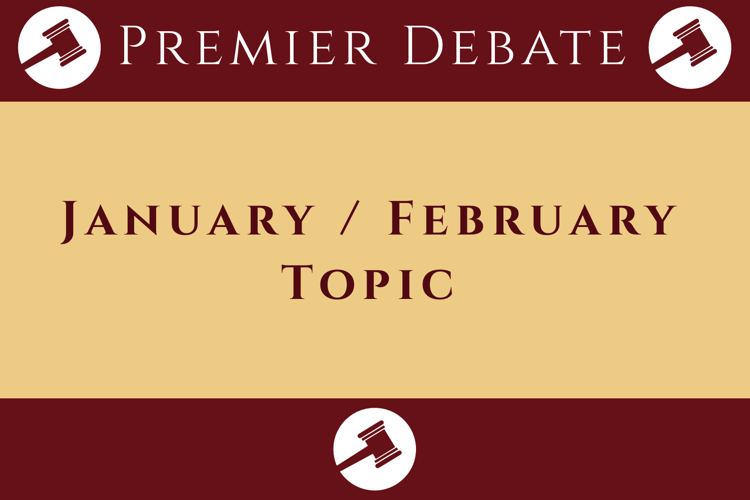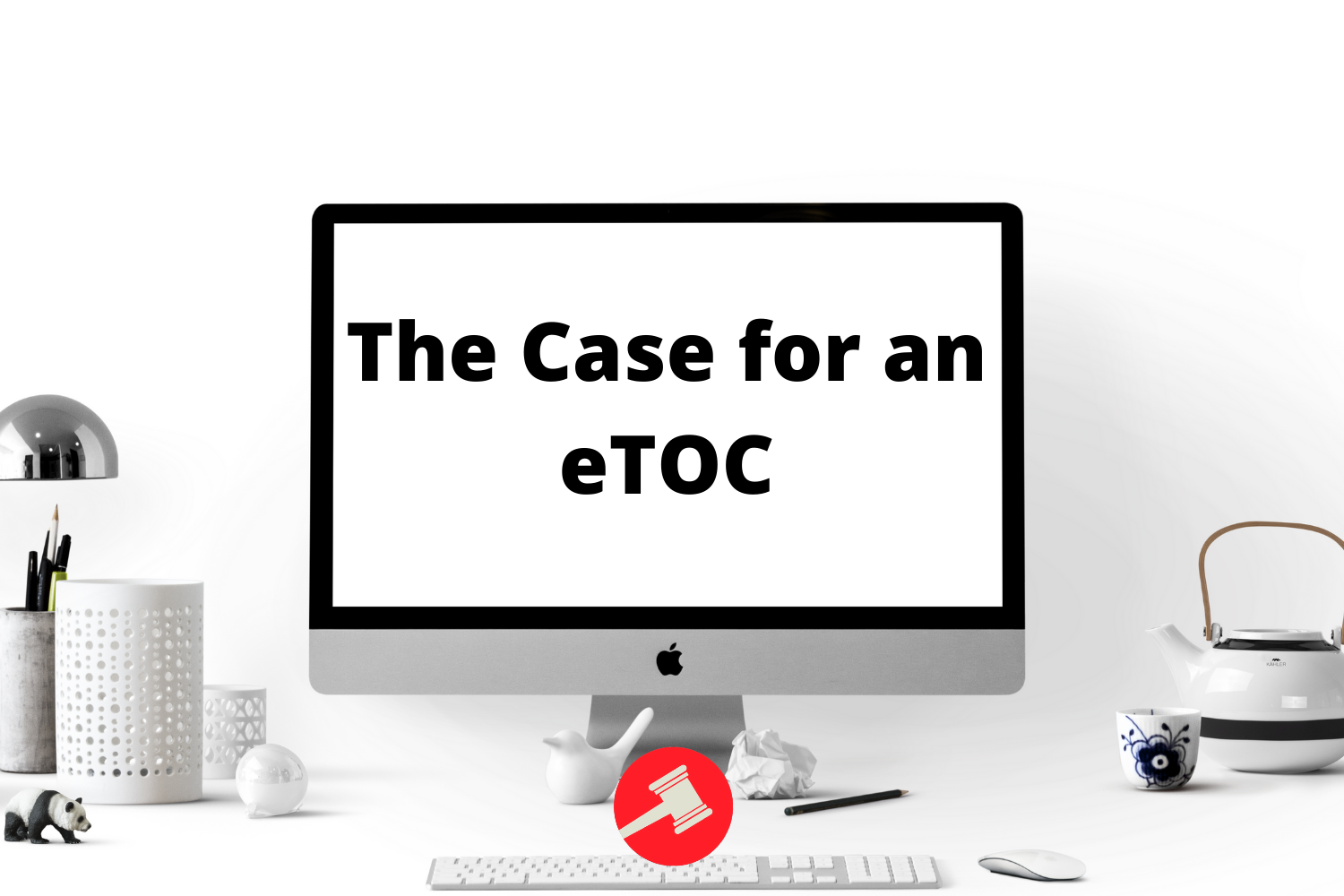“Topic Agnosticism” (Adam Tomasi)

The Need for “Topic Agnosticism” by Adam Tomasi
The handgun rights topic is excellent. The literature is expansive and diverse, where experts tackle such a controversial issue with unique and well-developed approaches. It is certainly one of those topics that makes you appreciate switch-side debate; guns are a polarizing issue, and learning how to persuade a judge from opposite perspectives strengthens your own perspective on the issue. There are solid arguments on both sides about the advantages and disadvantages of widespread handgun possession in the United States. The topic will develop very nicely as we head toward the Tournament of Champions.
However, I have noticed an unfortunate trend which might undermine that entire vision: debaters are too quick to negatively judge a topic a few days after its release. Too often, debaters viscerally react to the latest selected topics with phrases like “boring,” “undebatable,” or “prone to get stale.” I’m not saying I never did this in high school. That said, as a high school LD coach who now debates on a year-round Policy topic for Wake Forest (Go Deacs!), I have come to realize that these visceral reactions are unjustified. It is ironic that debaters start the topic by saying, “This is a terrible topic,” only to get along perfectly fine with the topic once they start debating it. More debaters and coaches should, when the topic is released, hold an agnostic attitude towards it, waiting a good week or two of solid research before they conclude that the topic is poor for debate.
The Sept/Oct and Nov/Dec 2015 topics about adolescent medical autonomy and jury nullification were both excellent. The literature was vast and insightful; experts have spent their lives publishing important information about both subjects, from a variety of interesting perspectives. At the same time, these topics were both ones which might have appeared at first glance obscure or boring to debate participants. That has partly to do with the fact that these topics are not very mainstream. But more importantly, that has to do with people’s pre-conceived notions of what strategies they need to win debates.
There is a huge problem with people going into a topic thinking they need to bend the topic to their wishes. Of course, there is nothing wrong with reading the same kind of arguments every topic, but you need to be sure you’re doing this because there are viable topic-specific applications. If you find yourself straining to incorporate a particular kind of aff/neg strategy you always read, you need to change your method of topic preparation. If you find yourself saying, before you have done any research, “I need to read a Kant aff this topic,” or “I need to read the cap K,” you might find yourself in a difficult spot when the literature does not hold your casing ideas. This is an unproductive, top-down approach to topic research; the solution is to begin every topic researching from the bottom-up.
Sometimes you get an idea going first and doing a lot of specific research on it second. This is not a purely bottom-up approach. This kind of researching is done best after reading a good amount of articles about the topic on both sides. How can you possibly know what the scope of aff and neg ground is until you have done a decent general survey of the topic literature? It is absolutely necessary that you learn about the topic before you make assumptions about it. Pursuing a bottom-up research strategy teaches you more about the topic; it also enables you to innovate and pursue the best arguments if you are willing to escape your ‘comfort zone’ for what arguments you read.
An good example of this research strategy is my experience with the Sept/Oct 2014 topic about presumed consent. The first day of the topic, I found an article defending presumed consent through a theory from medical ethics called principlism. I had never learned about principlism up until this point, but I am so glad that that time I did. The article argued articulately why presumed consent was a necessity under all four principles of principlism, autonomy, beneficence, non-maleficence, and justice.[1] This aff ended up working out really well, so well in fact that it was my primary aff on the topic. This is coming from someone who primarily read util arguments or Ks most of the time. While I did also write a util aff and some K prep for this topic, I could have gone into this topic telling myself that I was only going to prep the kinds of strategies that I was already used to. But I did not, and that is important.
People should not go into a topic with a pre-conceived template of what their arguments ought to be, where their prep process is essentially checking off boxes on a list of standard debate arguments—the common frameworks, the same kritiks, the same tricks. This is an instance of the frequently-made choice to narrowly specialize in LD. The philosophy people never read the politics DA, and the Policy people never read Kant. The K people only read arguments from their niche area of critical theory, and the theory people carry on no matter what the topic is.
To clarify, I think it’s great that people are aware of their strengths and focus significantly on developing them. If you have a particular style of debate you prefer, it is absolutely worth starting out by seeing whether the topic bears out some sick extinction scenarios, some good Kantian/Rawlsian literature, some excellent K links, etc. But of all the strengths a debater can have, the best strength is being able to intelligently debate the topic, and that requires letting the topic literature take you where it would like to go.
[1] Principlism is a pluralistic view of morality which calls for a variety of duties that cannot be reduced to a single, foundational theory.
Adam Tomasi is a member of the Premier Debate faculty. He debated for Sacred Heart High School (MA) and cleared at the Tournament of Champions his sophomore, junior and senior years. Adam earned Top Speaker awards at Collegiate, Yale, Bronx and its RR, Hendrick Hudson, the Sunvitational RR, and Harvard. He currently does policy debate for Wake Forest.




2 Comments
Idk what’s more preposterous, that you think any of these topics were good or that you think principlism was a good argument. Your hair looks amazing btw. #tomasiswag #godeacs 😀
This from the guy that gave a lecture on judge adaptation and called his judge a “fucking idiot”.